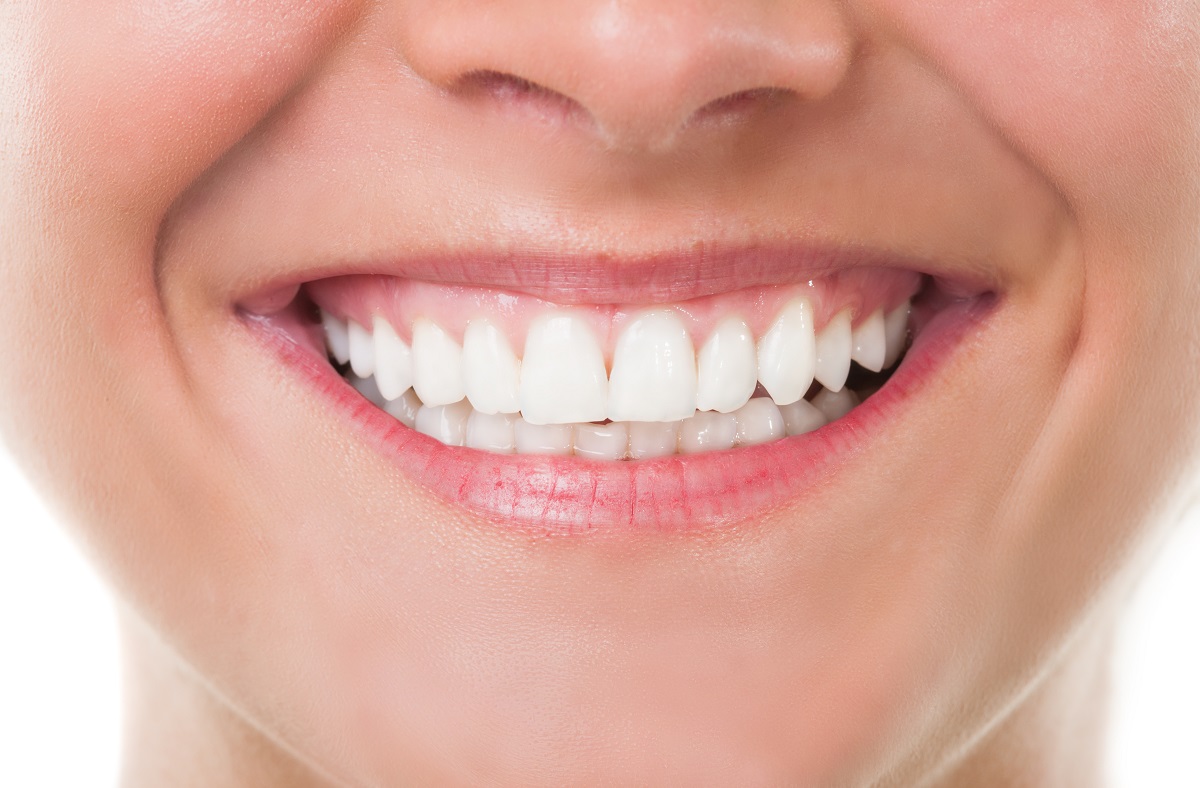The Potential Risks of Getting Veneers

Veneers have become an increasingly popular cosmetic dentistry choice in the UK, offering individuals the chance to achieve that picture-perfect smile. As with any medical or cosmetic procedure, while the results can be transformative and confidence-boosting, it’s crucial to approach the decision with a well-informed perspective. Before committing to this dental enhancement, understanding the potential risks associated with the procedure is paramount.

This guide aims to shed light on the intricacies of veneers, ensuring that those considering this option are aware of both its benefits and its potential pitfalls.
What are veneers?
Veneers are thin shells, typically crafted from porcelain or composite resin, designed to cover the front surface of teeth. They act as a facade, enhancing the appearance of teeth by offering a brighter, more uniform look.
People opt for veneers for various reasons. Some wish to rectify discolouration that hasn’t responded to traditional whitening treatments. Others hope to correct minor misalignments or gaps without the need for braces. Additionally, veneers can be used to repair chipped or worn-down teeth, giving them a rejuvenated appearance.
The procedure involves the dentist removing a small layer of the tooth’s enamel to make space for the veneer, ensuring a natural look once it’s bonded in place. While veneers offer a quick solution to various dental aesthetic concerns, it’s essential to understand the procedure fully and be aware of its long-term implications.
Common risks associated with veneers
One of the primary concerns when getting veneers is the potential for increased tooth sensitivity. This sensitivity arises because the procedure involves removing a layer of the tooth’s enamel. Without this protective layer, teeth can become more susceptible to temperature extremes, leading to discomfort when consuming hot or cold foods and beverages.
Another significant aspect to consider is the irreversibility of the procedure. Once the enamel is removed to accommodate the veneer, it cannot be replaced. This means that once you opt for veneers, you are committing to having them (or a similar restorative solution) in place for the lifetime of the affected teeth.
Aesthetic concerns can also emerge, particularly if there’s an imperfect colour match between the veneers and the natural teeth. While dentists strive for a seamless match, there are instances where veneers might not align perfectly with the natural shade of adjacent teeth, leading to potential dissatisfaction.
Lastly, there’s a risk of decay if the veneers are not fitted perfectly. Improperly fitted veneers can create small gaps at the gum line, or between the veneer and the natural tooth. These gaps can become breeding grounds for bacteria, leading to decay if not meticulously cleaned. It underscores the importance of regular dental check-ups and proper oral hygiene post-procedure.
Serious potential risks of veneers
While veneers are generally considered safe when applied by experienced professionals, there are some less frequent but serious risks that potential patients should be aware of.
One of the main risks of getting veeners is the fact that there is a risk that the dentist can inadvertently take away too much tooth tissue before attaching the veneer. Only a very small part of the tooth should be taken off but if they are ‘over prepared’ this can lead to long-term problems and the health of the tooth can be compromised. This can lead to the need for future root canal treatment and even tooth loss.
One such concern revolves around the gum tissue response. In some cases, the gums might not react favourably to the veneer. This can lead to inflammation, redness, or even occasional bleeding. Over time, if not addressed, this can affect gum health and the overall appearance of the veneer-to-gum interface.
Another potential issue is the durability of the veneer itself. Though veneers are designed to be robust and long-lasting, they aren’t entirely immune to damage. Situations involving significant pressure or impact, like biting down on hard foods or experiencing a facial injury, can result in the veneer cracking or chipping.
Misalignment with natural teeth is also a potential long-term risk. As we age, our natural teeth may shift or undergo changes. If significant movement occurs, it can result in a veneer appearing out of alignment with adjacent teeth, affecting the overall aesthetic and bite.
Lastly, there’s the risk of debonding. While it’s rare, there are instances where a veneer might detach from the tooth’s surface. This can be due to various factors, including the quality of the bonding agent, the amount of enamel on the tooth, or external pressures. In such cases, reattachment or replacement becomes necessary.
Understanding these risks emphasises the importance of choosing a skilled and experienced dental professional for the procedure, and ensuring regular dental check-ups to monitor the health and positioning of the veneers.
The importance of legal advice if veneers go wrong
In the unfortunate event that you believe negligence has occurred during your veneer procedure, seeking the expertise of a solicitor becomes essential. A solicitor, especially one experienced in dental negligence, can provide invaluable guidance during such challenging times.
They can help you understand your rights as a patient and guide you on the potential grounds for a claim. They can assist in gathering crucial evidence, from medical records to expert testimonies, which can substantiate your case.
Furthermore, a solicitor can navigate the often complex legal processes on your behalf, ensuring that any claim is presented effectively and within any statutory time limits. They can also negotiate with the dental professional or their insurance company, aiming to secure appropriate compensation for any physical, emotional or financial harm suffered.
Beyond the legalities, a solicitor can also provide a supportive role, directing you to relevant support groups or counselling services, helping you cope with the emotional toll of a procedure gone wrong.
As such, if you suspect negligence in your veneer procedure, a solicitor becomes an indispensable ally, advocating for your rights and ensuring that any grievances are addressed appropriately within the legal framework.
Tips for minimising risks
When considering veneers, it’s essential to be proactive in minimising potential risks. By taking a few precautionary steps, you can ensure a smoother journey and a more satisfactory outcome. Here are some tips to help you navigate the process safely:
Research your dentist: before committing to the procedure, thoroughly research your chosen dentist. Look for professionals with a solid track record in cosmetic dentistry and specific experience with veneers. Reading reviews, seeking recommendations, and checking qualifications can provide valuable insights.
Engage in detailed consultations: a comprehensive consultation is crucial. Use this opportunity to discuss potential risks and benefits, ask questions, and set realistic expectations. A good dentist will take the time to address your concerns and provide clarity.
Follow post-procedure care instructions: after getting your veneers, adhere strictly to the care instructions provided by your dentist. This can include dietary recommendations, oral hygiene practices and follow-up appointments.
Maintain regular dental check-ups: even after the initial healing period, regular dental check-ups are essential. These visits allow your dentist to monitor the veneers, ensuring they remain in good condition and addressing any potential issues early on.
Prioritise oral hygiene: good oral hygiene practices are vital. Regular brushing, flossing and using mouthwash can prevent potential decay and ensure the longevity of your veneers.
Be mindful of diet and habits: avoid biting down on hard foods or objects that might chip or crack the veneers. If you’re a habitual teeth grinder, discuss potential solutions, like a night guard, with your dentist.
By following these tips and maintaining open communication with your dental professional, you can enjoy the aesthetic benefits of veneers while minimising potential risks and complications.










